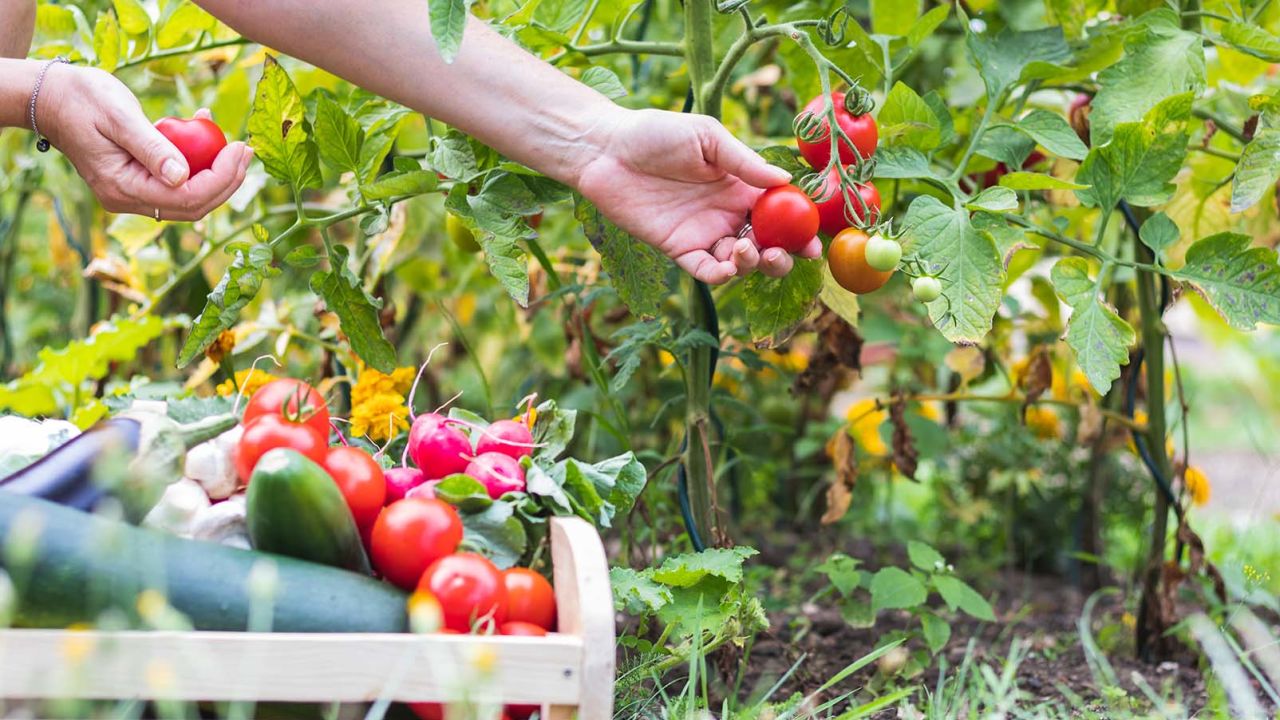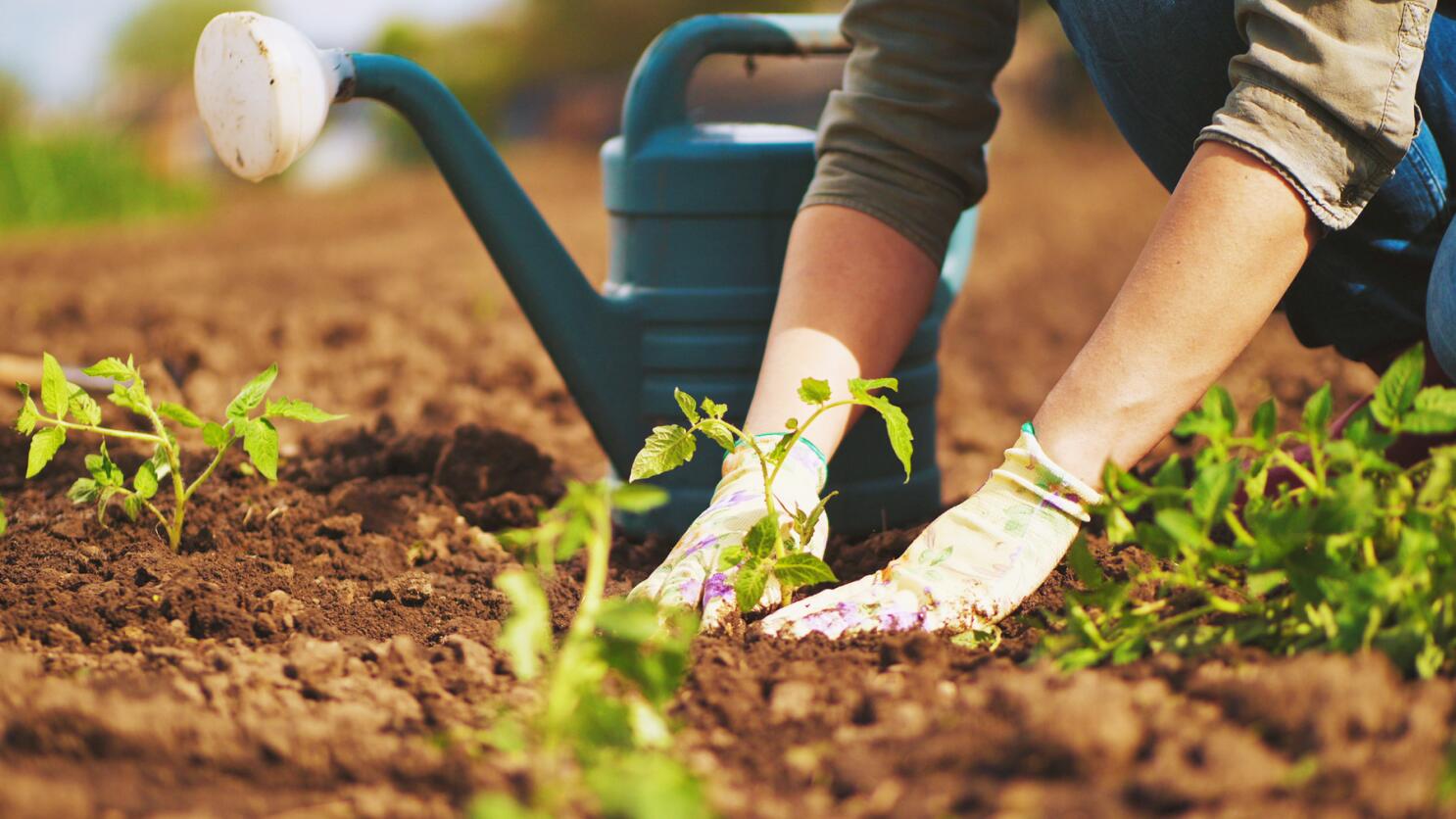Change Your Green Space: A Comprehensive Guide to Gardening Tips for Beginners
Wiki Article
Expanding Environment-friendly Thumbs: a Beginner's Journey Into the World of Gardening
Are you excited to get your hands filthy and begin expanding your very own yard? Look no more! In this article, we'll take you on a novice's trip right into the globe of gardening. You'll learn more about selecting the right plants, recognizing dirt and garden compost, and crucial horticulture devices. We'll additionally educate you sprinkling and feeding methods and exactly how to take care of typical garden insects. Get ready to grow your environment-friendly thumb and see your yard grow!Picking the Right Plants
1. You need to analyze your horticulture space and establish the number of plants that will certainly fit conveniently. Since congestion can lead to stunted growth and condition, this step is crucial. Measure the measurements of your garden beds or pots and determine the offered space. Consider the mature dimension of the plants you intend to grow. Some natural herbs and veggies need even more room than others, so it's essential to do your research study.Once you have a clear idea of your horticulture room, it's time to choose the ideal plants. Consider what you take pleasure in consuming or what flowers you discover most enticing. Consider the climate and sunlight problems in your location. Particular plants thrive completely sunlight, while others favor partial shade. Remember of any kind of microclimates in your yard, such as areas that receive basically sunshine than the remainder. This will certainly help you choose plants that are fit to your particular problems.
It's also important to consider your degree of horticulture experience. If you're brand-new to horticulture, go with plants that are easy to grow and require very little maintenance. Herbs like rosemary, basil, and mint are best and flexible for novices. Furthermore, consider the length of your expanding period. Select plants that have a shorter maturity period if you stay in an area with a much shorter growing period.
Comprehending Soil and Garden Compost
To make sure the success of your garden, it is essential that you recognize the value of soil and garden compost. Soil is the structure of your yard, providing nutrients, water retention, and assistance for your plants. It is crucial to have a mutual understanding of your dirt type, whether it is sandy, clayey, or fertile, as this will establish the sorts of plants that will prosper in your garden. Garden compost, on the other hand, is a wonderful method to improve the high quality of your soil. It is comprised of organic matter, such as cooking area scraps, lawn waste, and leaves, that decompose gradually. Adding compost to your dirt will improve it with important nutrients and boost its structure, enabling for far better water drainage and oygenation. You can either make your own garden compost using a compost container or purchase it from a yard facility. Keep in mind, a healthy and abundant dirt is the essential to an effective garden, so put in the time to comprehend your dirt and incorporate compost to guarantee your plants grow.
Important Horticulture Devices
Since you recognize the value of soil and garden compost, let's discover the vital horticulture tools you'll require to grow your green sanctuary. Among the many standard devices you'll require is a garden trowel. This little handheld tool is excellent for digging tiny holes, transplanting seed startings, and scooping soil. An additional important device is a garden fork. This strong device is used for loosening up dirt, separating globs, and turning about his garden compost. An excellent pair of gardening handwear covers is a must-have to safeguard your hands from thorns, irritable plants, and dust. Search for handwear covers that are durable, breathable, and offer an excellent grip. A garden pipe or watering can is essential for keeping your plants moisturized. Pick a hose with a spray nozzle that enables you to change the water circulation and stress. A sturdy pair of pruning shears or secateurs is necessary for cutting and shaping your plants. Search for shears with a sharp blade and comfortable takes care of. A yard rake is useful for leveling soil, eliminating debris, and spreading out compost. With these Homepage crucial devices in your gardening arsenal, you'll be well-equipped to create and maintain your eco-friendly oasis.Watering and Feeding Strategies

Dealing With Common Yard Vermin
As a beginner garden enthusiast, you might experience common yard insects that can ruin your plants. These bugs can range from pests like caterpillars, beetles, and aphids, to small you can check here pets like bunnies and squirrels. It is very important to be able to deal and identify with these bugs efficiently in order to shield your plants and make sure a successful yard.One of the initial steps in managing garden parasites is to frequently inspect your plants for any type of signs of invasion. Look for eaten leaves, openings in the vegetation, or the existence of tiny insects. It's vital to take action promptly to stop them from spreading and triggering more damage. if you detect any insects.
There are numerous methods you can utilize to regulate garden parasites. One option is to utilize all-natural killers, such as ladybugs or praying mantises, to aid control the population of bugs. You can also utilize physical obstacles, such as fences or netting, to keep larger pets like rabbits out of your garden. Furthermore, there are natural pest control sprays offered that can assist hinder and eliminate typical garden bugs.
Bear in mind, avoidance is vital when it comes to dealing with garden parasites. Keeping your garden free and clean of debris can help in reducing the chance of an infestation. Routinely eliminating weeds and dead plants can also help eliminate hiding locations for insects.

Final Thought
Congratulations on completing your beginner's trip into the globe of gardening! By picking the right plants, comprehending dirt and compost, making use of vital horticulture tools, and understanding watering and fertilizing strategies, you have established yourself up for success. Don't forget to remain watchful in managing common yard pests to ensure your plants thrive. With your newfound expertise and eco-friendly thumbs, your yard will grow and bring you countless delight and appeal (gardening tips for beginners). Satisfied horticulture!Soil is the foundation of your garden, supplying nutrients, water retention, and assistance for your plants. It is vital to have a good understanding of your soil type, whether it is sandy, clayey, or loamy, as this will determine the types of plants that will flourish in your garden. Keep in mind, a productive and healthy and balanced dirt is the crucial to a successful garden, so take the time to understand your soil and integrate compost to ensure your plants flourish.
As a novice gardener, you may experience common garden pests that can wreak havoc on your plants. It's important to be able to deal and recognize with these parasites effectively in order to shield your plants and make certain an effective yard.
Report this wiki page